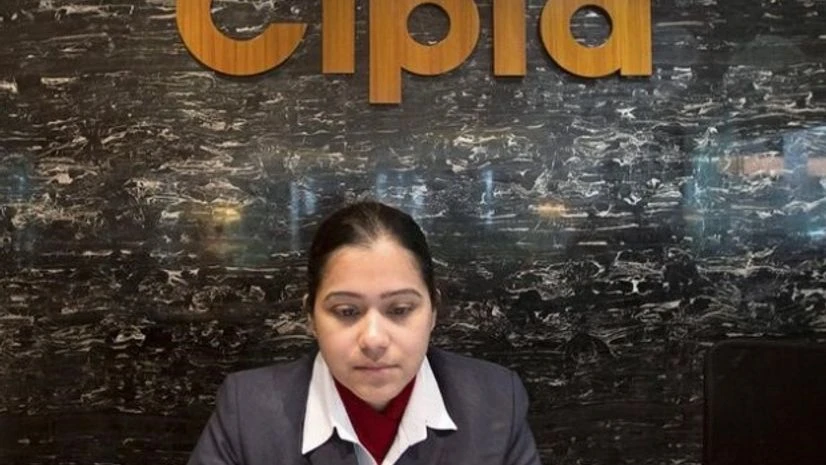The central government’s drug price control policy received a big boost on Friday with the Supreme Court allowing the appeals of the government and upholding various notifications under the Drug Price Control Order of 1995.
The firms before the court were Cipla, Martin & Harris Laboratories, Johnson Smith Co, Ishaan Labs, Remidex Pharma, and Dr Reddy’s Laboratories. These companies had challenged the price control order in various high courts earlier, and had got relief. Although the apex court order has not mentioned any penalty or charges to be paid by the pharma companies, the total amount these firms owe to the government is around Rs 3,500 crore.
Cipla said in a statement to the stock exchanges: “The Supreme Court on October 21 decided in favour of Union of India in an appeal filed against Cipla and others arising out of the judgment of the Allahabad High Court.” In the company’s annual report, Cipla had stated: “The company has been legally advised that on the merits of the cases, there is very little likelihood of these demands crystallising. Hence, no provision is considered necessary in respect of notices of demand received by the company up to date aggregating to Rs 1,768.51 crore.”
When contacted, Dr Reddy’s Laboratories refused to comment on the judgment.
The government submitted that the five determining factors to calculate the price are material cost, conversion cost, packing material cost, packing charges, and maximum allowable post-manufacturing expenses.
Several high courts including Allahabad, Karnataka, and Punjab & Haryana had struck down the notifications stating they were issued ‘mechanically’ and the norms were not revised over the years. The Allahabad High Court had quashed the notification in 2004 observing it was issued ‘mechanically’.
More From This Section
As a result, about 40 notifications of the past fixing retail price and ceiling price on formulations were invalidated at one go.
The Supreme Court upheld the notifications prescribing the norms for calculating the retail price of formulations, rejecting the main contention of the pharma companies that they were re-notified mechanically each year, without application of mind. The judgment delivered by a Bench of judges Madan Lokur and R K Agrawal rebutted the argument and asserted that it was not mandatory or necessary to re-determine the norms every year; It was only discretionary.
The government maintained these were taken into account while notifications were issued under the Drug Price Control Order, also under the Essential Commodities Act as medicines are included in it.
It was not done mechanically as alleged but after considering all factors.
The judgment noted that there were about 2,150 formulations in the market and “it is important to remember that the purpose of fixing the retail price and ceiling price of formulations is to make them affordable and ultimately benefit the consumer of medicines. Profits earned by manufacturers/formulators are secondary and ‘profiteering’ is certainly out of the question”.
The judgment examined three expert committee reports – the Sankaran Committee, the Masood Committee and the Jharwal Committee – which went into the price issue and noted that the manufacturers had not cooperated with them by giving necessary data. The Supreme Court also criticised some high courts, which passed interim orders in favour of the pharma firms impeding the coercive action contemplated by the government. Accepting the government’s view, the judgment said: “It is true that such interim orders could have a huge impact on society.”
The cases pertained to whether orders passed by the central government in 1999, and re-notification of the prices 2000, 2001, 2002 and 2003 were done rationally or not. The judgment noted that three issues were raised in the appeals. The first is whether the inclusion of the bulk drug Diosmin in the First Schedule to the DPCO 1995 is valid or not. The second is whether the ceiling price fixed by the central government in the notification dated July 20, 1998 of the Diosmin formulation was in accordance with the provisions as in the DPCO 1995. The third pertained to the ceiling price of the Diosmin formulation and whether it could have been fixed under DPCO 1995 without first fixing the maximum sale price of the bulk drug Diosmin according to the provisions in the DPCO 1995.

)
